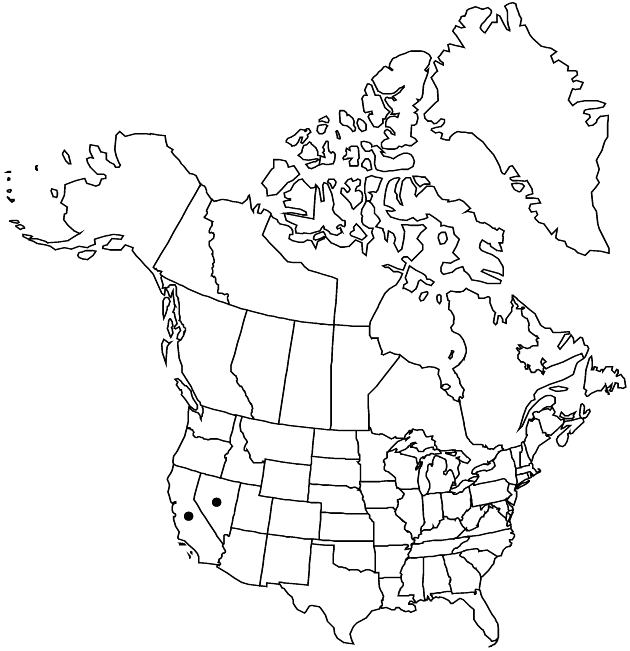Difference between revisions of "Erigeron breweri"
Proc. Amer. Acad. Arts 6: 541. 1866.
RevisionBot (talk | contribs) m (Bot: Adding category Revision Pending) |
imported>Volume Importer |
||
| Line 87: | Line 87: | ||
|publication year=1866 | |publication year=1866 | ||
|special status=Illustrated;Endemic | |special status=Illustrated;Endemic | ||
| − | |source xml=https:// | + | |source xml=https://bitbucket.org/aafc-mbb/fna-data-curation/src/2e0870ddd59836b60bcf96646a41e87ea5a5943a/coarse_grained_fna_xml/V19-20-21/V20_704.xml |
|tribe=Asteraceae tribe Astereae | |tribe=Asteraceae tribe Astereae | ||
|genus=Erigeron | |genus=Erigeron | ||
| Line 93: | Line 93: | ||
}}<!-- | }}<!-- | ||
| − | --> | + | -->[[Category:Treatment]][[Category:Erigeron]] |
| − | |||
| − | [[Category:Treatment]] | ||
| − | [[Category:Erigeron | ||
| − | |||
Revision as of 20:04, 5 November 2020
Perennials, 7–75 cm; taprooted (taproots usually not collected, often weakly developed), roots and caudices woody, branches rhizomelike (3–15 cm; fibrous-rooted), relatively slender, leafless, ascending. Stems usually ascending, sometimes prostrate to procumbent or decumbent (var. jacinteus) (often purple, distal branches stiff, spreading-ascending), hispid (hairs spreading-deflexed, 0.1–0.4 mm), mostly eglandular. Leaves cauline; (ascending) blades narrowly oblong-lanceolate to narrowly obovate, 10–40 × 2–5 mm, margins entire, relatively evenly spaced and sized, hispid, mostly eglandular. Heads 1 or 2–5(–10) in loosely corymbiform arrays. Involucres mostly 4–6 × 9–14 mm. Phyllaries in 3–5 series (all but outermost with stramineous margins and distal, greenish-herbaceous, narrowly rhomboid areas), strigoso- to hispido-hirsute or essentially glabrous, densely minutely glandular. Ray florets 20–62; corollas white or pink, often drying blue, 4–7 mm, laminae weakly coiling. Disc corollas 3.5–5.5 mm (throats slightly indurate, not inflated). Cypselae 2–3 mm, 2-nerved, faces sparsely strigose; pappi: outer of setae, inner of (15–)20–35(–50) bristles.
Distribution

Calif., Nev.
Discussion
Varieties 5 (5 in the flora).
Erigeron breweri is treated as a member of E. sect. Linearifolii in G. L. Nesom (1992b), where all of the varieties are mapped in detail.
Selected References
None.
Lower Taxa
Key
| 1 | Phyllaries glabrous or sparsely hairy, densely glandular | > 2 |
| 1 | Phyllaries strigoso- to hispido-hirsute, sometimes slightly glandular | > 3 |
| 2 | Plants usually 12–40 or 30–60 cm; stems ascending-erect; leaves usually 15–35 mm | Erigeron breweri var. breweri |
| 2 | Plants 7–15 cm; stems prostrate to procumbent or decumbent; leaves 5–12 mm | Erigeron breweri var. jacinteus |
| 3 | Plants 20–30 cm; stems often wiry and brittle; phyllaries hispido-hirsute (hairs translucent, spreading, stiff, relatively thick-based), glandular | Erigeron breweri var. porphyreticus |
| 3 | Plants (30–)40–75 cm; stems not wiry or brittle; phyllaries strigoso- or hispido-hirsute (hairs ascending to ascending-appressed, white), eglandular | > 4 |
| 4 | Phyllaries strigoso-hirsute (hairs relatively thin-based, ascending-appressed, gradually and slightly reduced in density from outer to inner phyllaries), eglandular | Erigeron breweri var. bisanctus |
| 4 | Phyllaries hispido-hirsute (hairs relatively thick-based, ascending, dense on outermost phyllaries, much less so on mid and inner), eglandular | Erigeron breweri var. covillei |